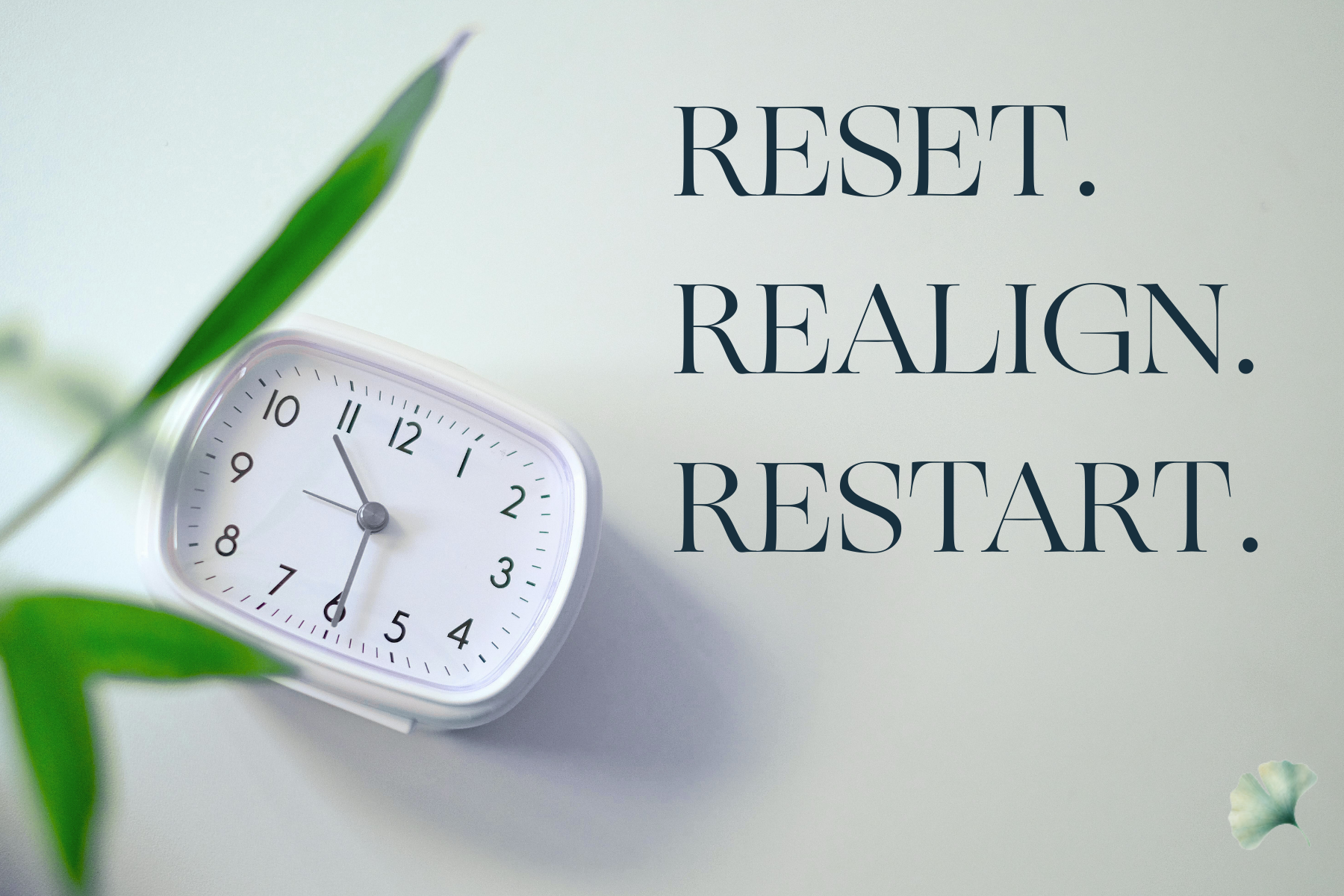Attending college is a time of self-discovery, growth, and new experiences. But for many, the transition comes with emotional and psychological challenges – ones that can quietly build beneath the surface. One of the most common and misunderstood among them is depression.
In a 2021–2022 survey of over 130 U.S. college campuses, 44% of students reported symptoms of depression, (Mayo Clinic Health System), reflecting not only a growing mental health challenge among students but also the urgent need for early recognition, compassionate support, and access to mental health services near them.
What Depression Can Look Like
Depression doesn’t always show up as persistent sadness. In young adults, it may manifest in more subtle or situational ways. Common symptoms include:
- Anxiety or panic
- Difficulty with schoolwork or focusing
- Changes in sleep or eating patterns
- Tearfulness, anger, or emotional outbursts
- Low energy or fatigue
- Loss of interest in activities or friendships
- Poor self-esteem
- Feeling overwhelmed
- Thoughts of self-harm or suicide
- Guilt that feels heavy or out of proportion
For students and parents alike, understanding these signs is a first step toward support. If you’re noticing any of these symptoms in yourself or someone you care about, it’s time to reach out and ask for help.
Why Are Young Adults Struggling?
The challenges today’s students face goes far beyond academics. While college is often portrayed as exciting and carefree, many students are navigating:
- Pressure to succeed while still developing life skills
- High expectations from family, school, and peers
- Rising costs of education and financial stress
- Limited sleep and time for rest or connection
- Cultural, identity-based, or interpersonal stressors
- A lack of preparation for everyday independence
Many students arrive at college with a schedule—and stress load—comparable to that of working adults, but without the experience or resources to manage it. This imbalance can lead to emotional exhaustion, burnout, and depression in college students.
Finding Balance: What Can Help?
There’s no one-size-fits-all answer to depression, but there are many ways to begin the healing process. Helpful tools may include:
- Talking with a trusted adult, peer, or professional therapist
- Creating small daily rituals to support rest and grounding
- Limiting comparison and social media pressure
- Seeking out individual therapy or group therapy for support
- Remembering that asking for help is a strength, not a weakness or failure
Mental Health Resources for Students and Supporters
If you or someone you know is struggling, these organizations offer free and accessible tools:
- National Institute of Mental Health (NIMH) – Evidence-based information, videos, and learning tools for understanding mental health.
- National Alliance on Mental Illness (NAMI) – Offers peer support groups and community education through over 600 local affiliates.
- GLSEN – Resources for LGBTQIA+ students and educators to support identity, belonging, and safe school environments.
Moving Forward, Together
Depression in young adults is real – and it’s treatable. If you’re a student, know that you don’t have to wait until things get worse to ask for support. If you’re a parent or caregiver, know that being present, curious, and compassionate can be life changing. Mental health challenges don’t define a person—but they do deserve attention, empathy, and care.
If you’re looking for mental health counseling in Evanston, support is just around the corner. You don’t have to figure it out alone.
Related Articles
A new academic year often brings a mix of emotions: hope, excitement, uncertainty, and sometimes, anxiety. Whether you’re starting college at Northwestern University or returning to another college in Chicago, it’s common to feel overwhelmed as expectations, social pressures, and responsibilities begin to pile up. At Connections Health, we work with many students—undergraduates, graduate students, [...]
“To love ourselves and support each other in the process of becoming real is perhaps the greatest single act of daring greatly.” — Brené Brown, Daring Greatly We live in a world that values momentum, output, and progress. But healing and personal growth don’t always follow a straight path or a set timeline. If you’re [...]
Self-compassion is an element of the foundation of emotional well-being. It allows you to move through life with greater resilience, confidence, and kindness toward others and yourself. Yet, developing self-compassion isn’t something that happens automatically; it’s a practice intentionally cultivated over time. At Connections Health, we guide clients in building self-compassion as an ongoing, meaningful part [...]






